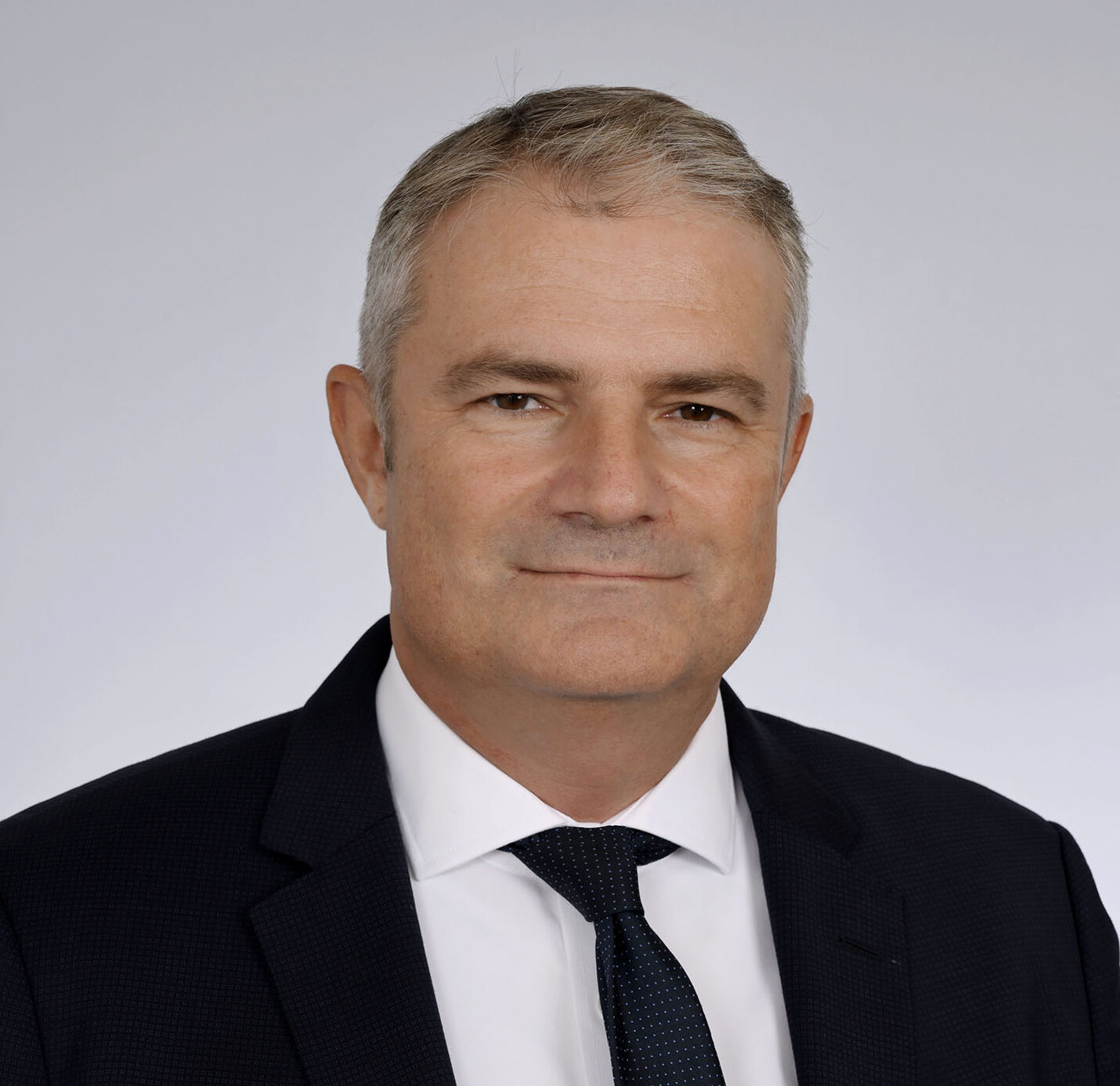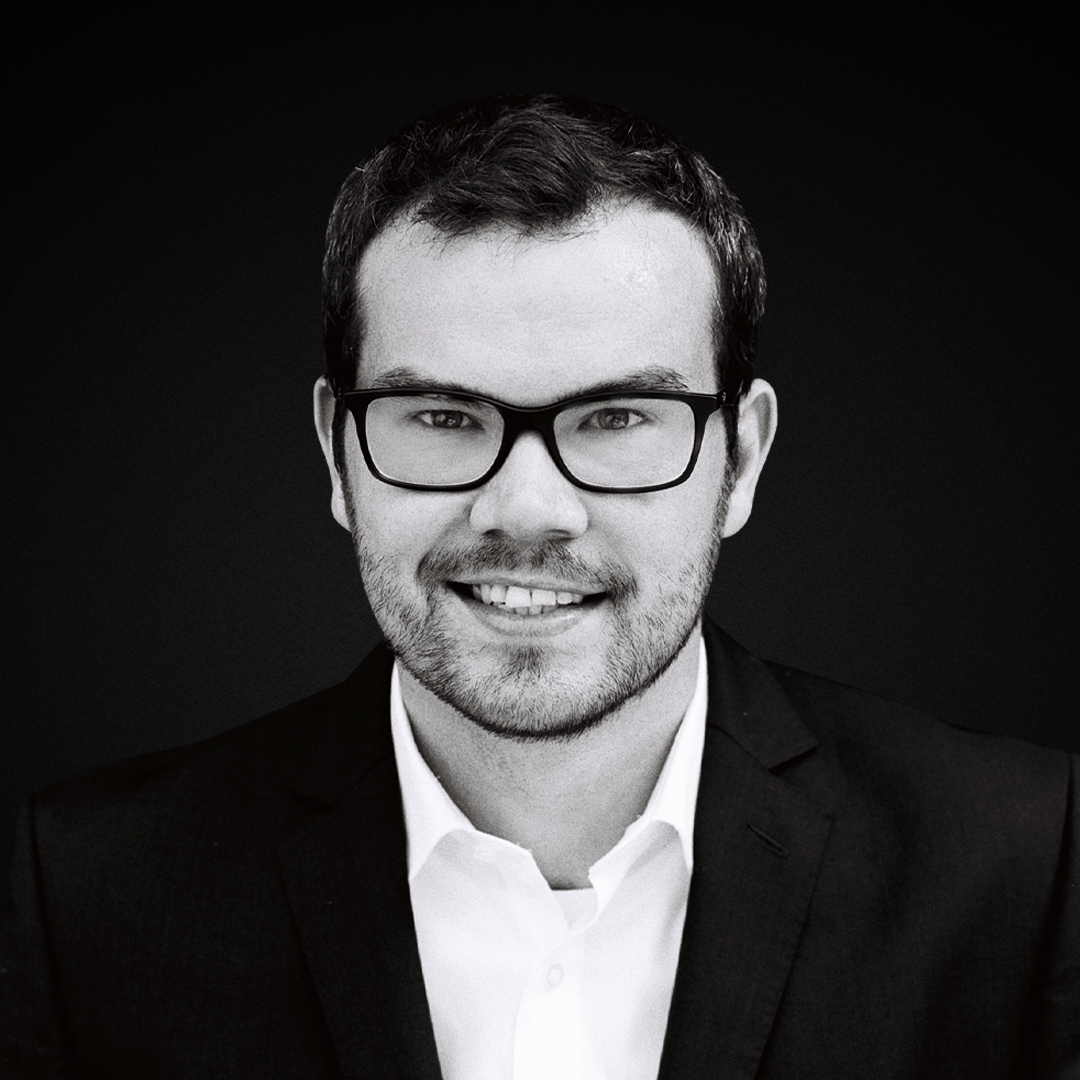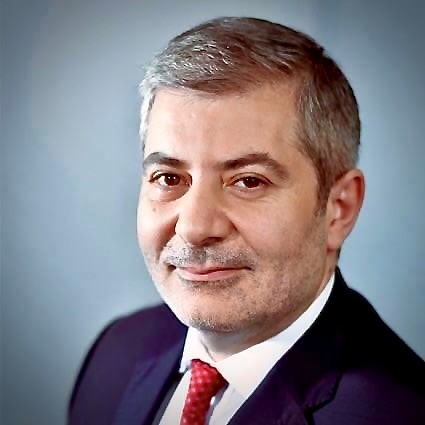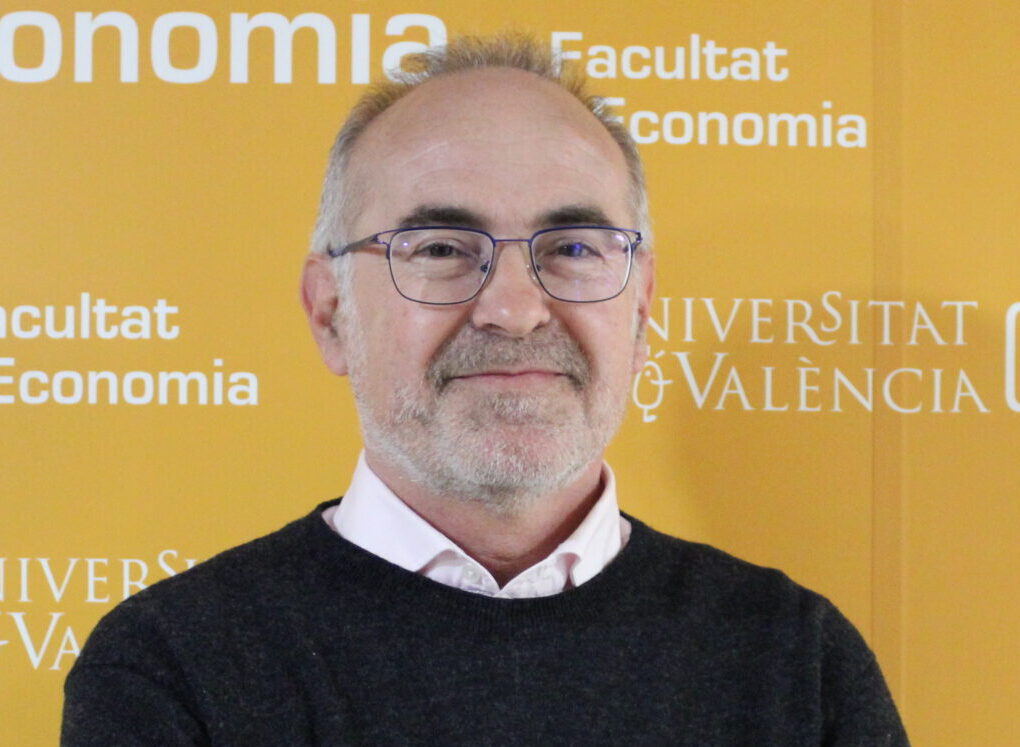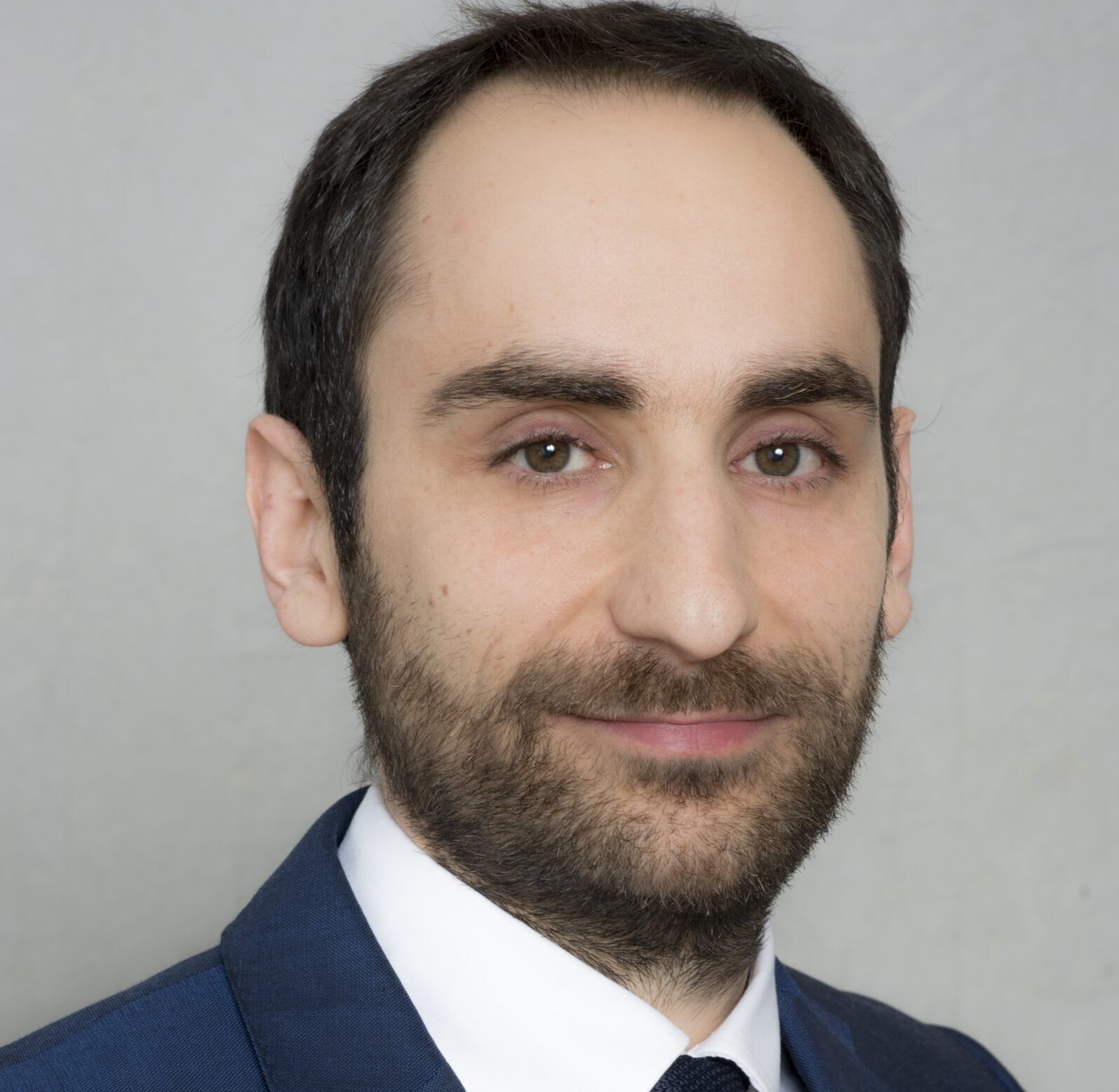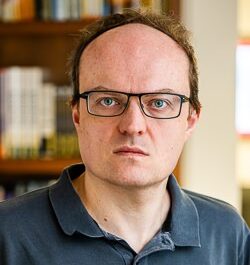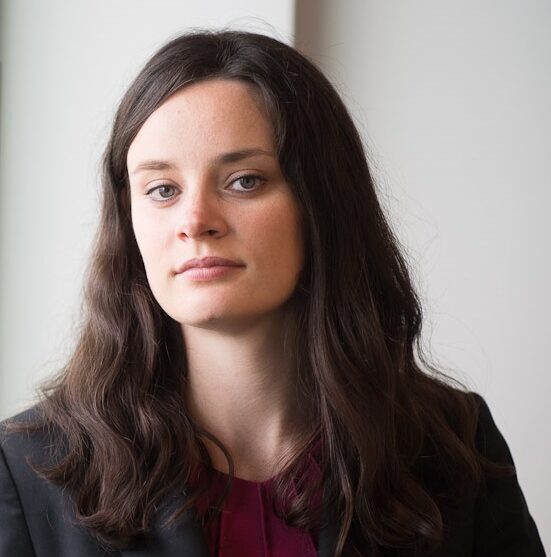FESE De La Vega Prize
"*" indicates required fields
About the FESE De la Vega Prize
The FESE De la Vega Prize has been awarded annually since 2000 to a young scholar in recognition of an outstanding research paper on European financial markets. The Prize aims to promote high-quality research that enhances the understanding of the role and functioning of public markets in Europe. The Prize places particular emphasis on papers addressing current developments in European financial markets that contribute to the advancement and visibility of public markets.
The awarded paper receives a monetary prize of EUR 5,000, and the Jury may also grant a special mention to a second paper, without financial remuneration.
FESE is pleased to announce the Call for Papers for the FESE De la Vega Prize 2026.
For further details, please consult the Terms of Reference.
About Josseph De la Vega
Joseph De la Vega, born circa 1650 into a Sephardi Jewish family in the Netherlands, was a pioneering financial thinker. After several dramatic works and novels, in 1688 De la Vega published “Confusión de Confusiones”, a book of dialogues concerned with the operations of the Amsterdam Stock Exchange. De la Vega gives three motives for writing the dialogues: simple pleasure; to increase understanding among those who were not in the financial business of what he regarded as “the most honest and most useful [business] of all that existed at the time”; and, on the other hand, to caution about the “tricks” engaged in by contemporary financial businesspeople. FESE recognises that many of De la Vega’s observations about the behaviour of investors in markets remains prudent in today’s financial ecosystem. In honour of his enduring legacy, FESE has, since 2000, awarded the De la Vega Prize to young scholars producing exceptional research on Financial markets.
The Jury


